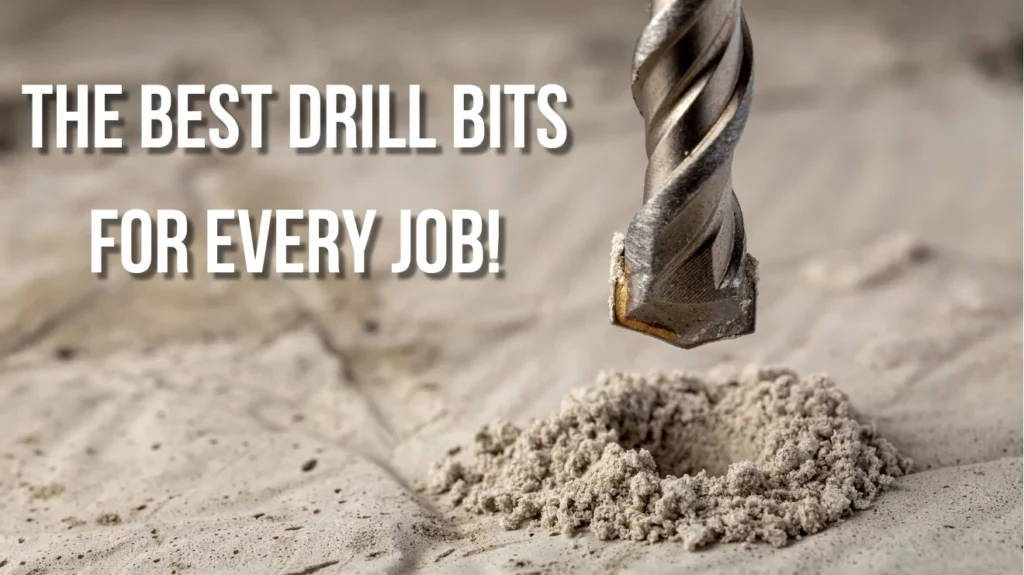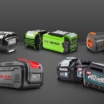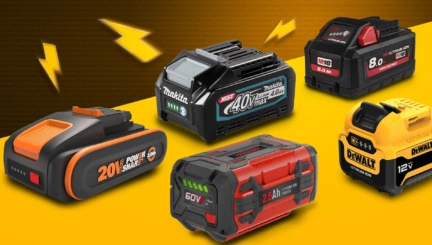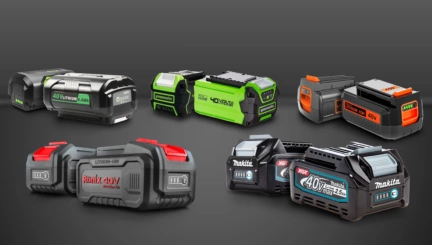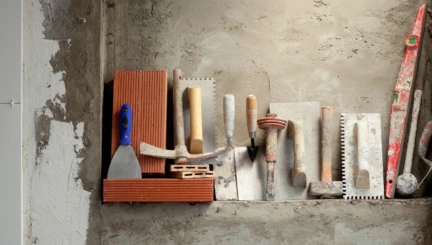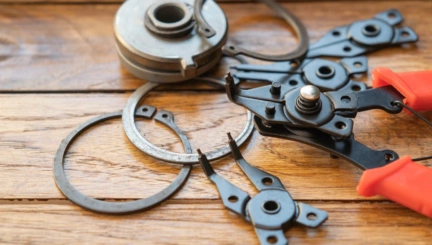- 10min
- 5352
- 0
Drilling is the base of a lot of construction, woodworking, and DIY projects; and it all depends on one extremely important factor: what drill bit you choose. The best drill bit can make all the difference, turning something impossible into the easiest job in the world. So, now that we have talked about how important the choice of drill bit is, we take a look at the market and see that there are way too many options. That’s why we have prepared a guide to help you get the best drill bits available. From metal and steel to wood, masonry, and even easily breaking tiles, we are going to talk about the top options in every category.
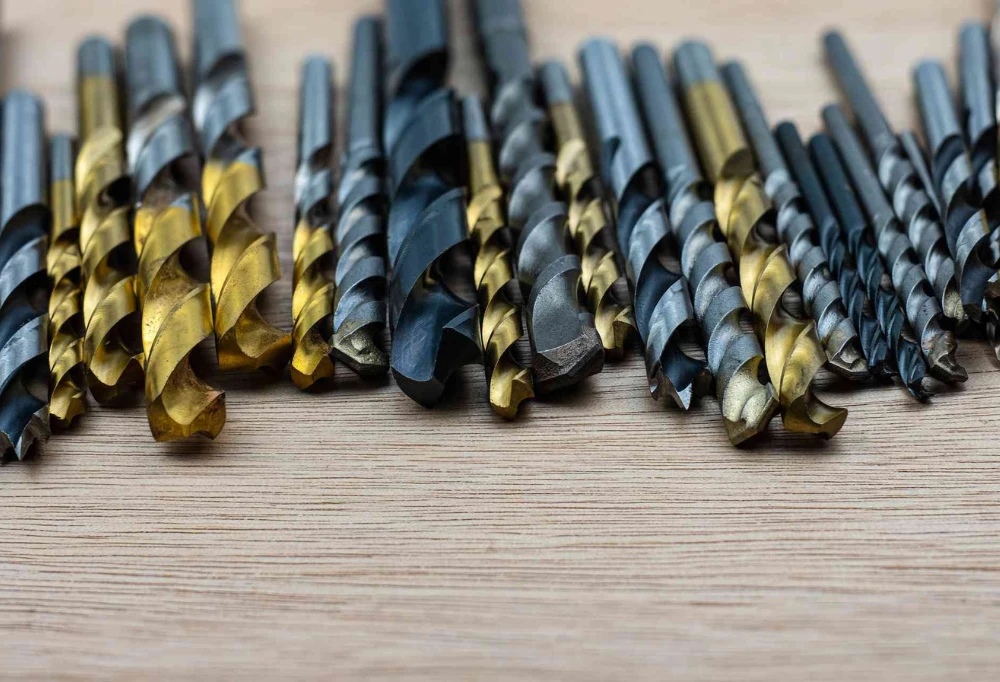
Buying Guide for the Best Drill Bit
To make an informed choice when you are choosing drill bits, there are some factors to understand. Here’s a list to steer you in the right direction.
Factors to Consider When Choosing Drill Bits:
- Material: Different materials, different drill bits. For example, high-speed steel (HSS) bits are good for wood and plastics, while cobalt bits are ideal for tougher materials like stainless steel.
- Coating: Coatings like TiN (Titanium Nitride) or TiAlN (Titanium Aluminum Nitride) make everything durable and reduce friction, this makes your drill bit work longer.
- Size: This is one of those obvious things people may forget to keep in mind. The size you pick has to match the job you want to do with it. If you use the wrong size drill bit you will get the wrong size hole, or even worse, damage the material you are working with.
- Type of Shank: The shank design (hexagonal, round, or SDS) may or may not match the drill you are using.
- Point Angle: The angle you drill at matters, and different materials may determine what the necessary angle is going to be. 118 degrees is the normal, general angle, but if you are going for something like stainless steel Different materials require different point angles. For instance, 118 degrees is suitable for general drilling, while 135 degrees is better for hard materials like stainless steel.
suggested tool: Ronix RH-5924 SDS Plus Drill Bit 12×160 mm-France
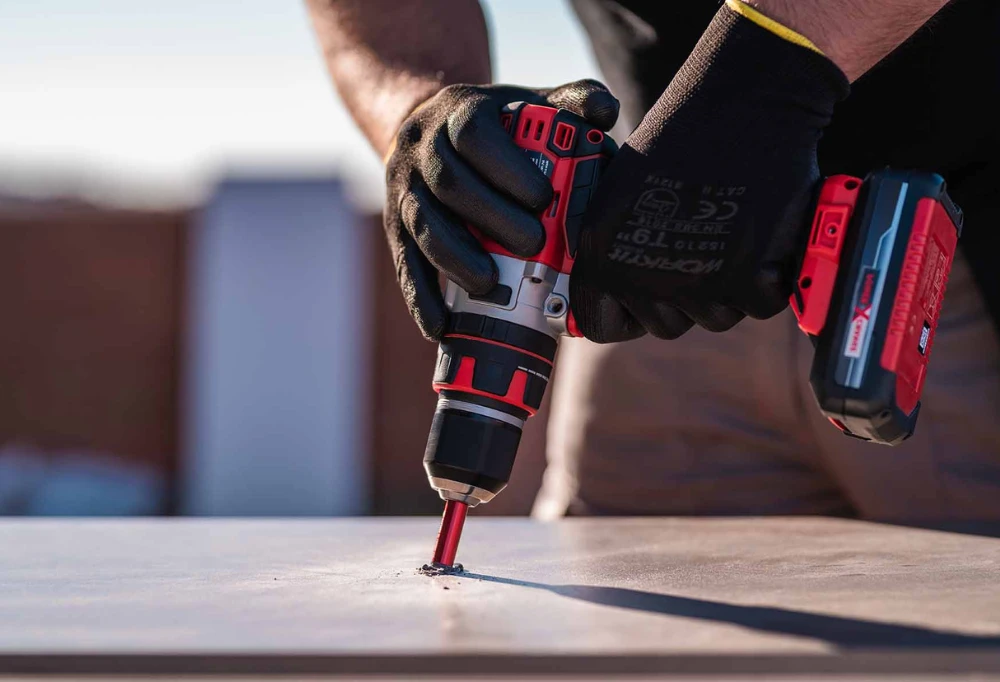
The Best Drill Bits for Specific Materials
Now that we’ve understood the basics of choosing a drill bit, let’s get a bit more specific.
The Best Drill Bits for Metal: Accuracy and Speed
When working with metal, you want two things: accuracy and speed. The best drill bits for metal are usually either high-speed steel (HSS) or Cobalt. Cobalt bits are ideal because drilling into metal generates a lot of heat, and the material used in these bits can work great in high-temperature situations. When choosing, focus on the 135-degree point design so it doesn’t move on its own and you have a precise hole. And don’t forget about coatings like TiN or TiAlN; they can help you with friction problems, and make your bit stronger.
In the end, remember that not all metals are the same, so you may need different types of bit for different metals, it’s not a one-size-fits-all.

The Best Drill Bits for Stainless Steel: Here Comes the Heat
Stainless Steel is famous for its hardness, and that makes drilling into it a bit more difficult. You need a tough bit that can also tolerate the heat. Our familiar Cobalt bits also work here, since they can stay sharp under high temperatures. You want bits that can handle steel’s harsh nature without losing their edge quickly.
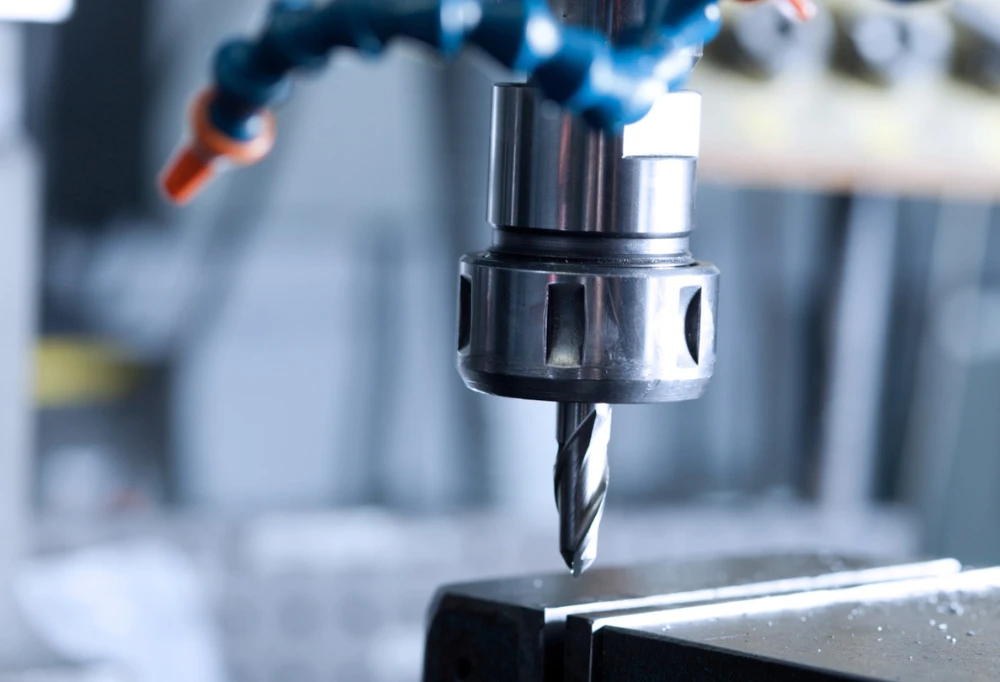
The Best Masonry Drill Bits: Impact Resistance
To do masonry work you need grit, and your drill bits should reflect that. For some light concrete, you can just go with any masonry drill bits. But for anything harder, tungsten carbide bits, with their carbide tips, are your best bet. They handle concrete, brick, and stone easily and with no problem.
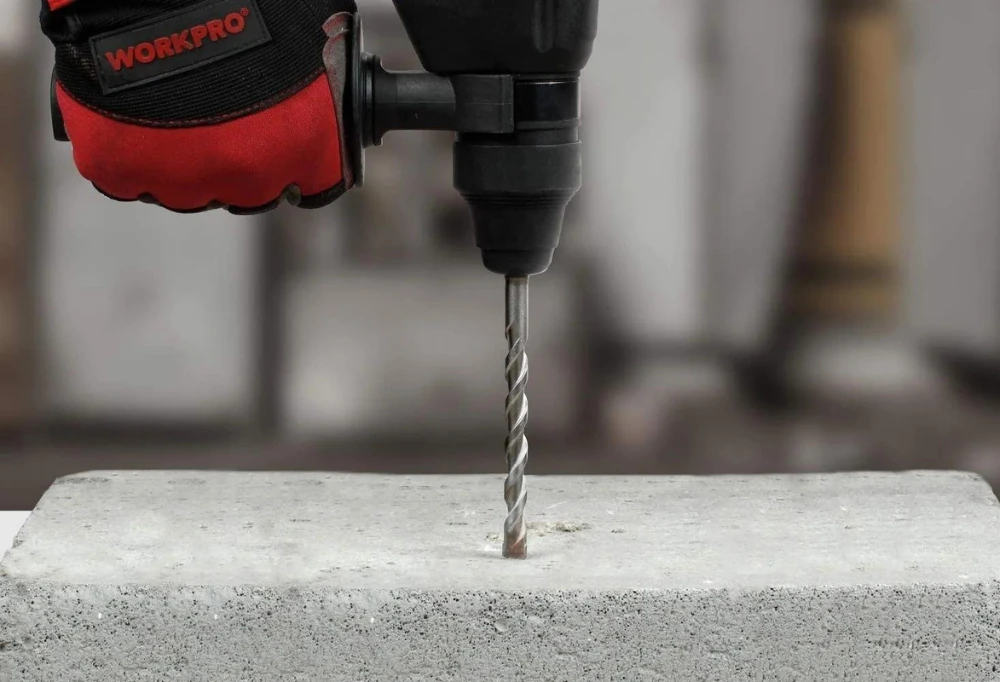
The Best Drill Bits for Wood: Clean Drilling
Woodworking is an art, and your choice of drill bits can make a world of difference in the results. So, you should take your time, think about your task, and then pick the drill bit that matches those needs.
Now let’s begin talking about the different types:
Twist bits are good for most jobs, but they can be a bit messy. They are reliable but not really the most exciting.
If you want a clean and flat-bottomed hole Brad point bits are the ones you’re looking for. They start perfectly, don’t just wander around, and leave a nice and clean hole. Perfect for hinges and stuff like that.
Spade bits are rough. They bulldozer their way into the wood, and they’re good for big quick holes. Obviously, you shouldn’t expect a super clean finish, but if your job is running wires or pipes, they get the job done.
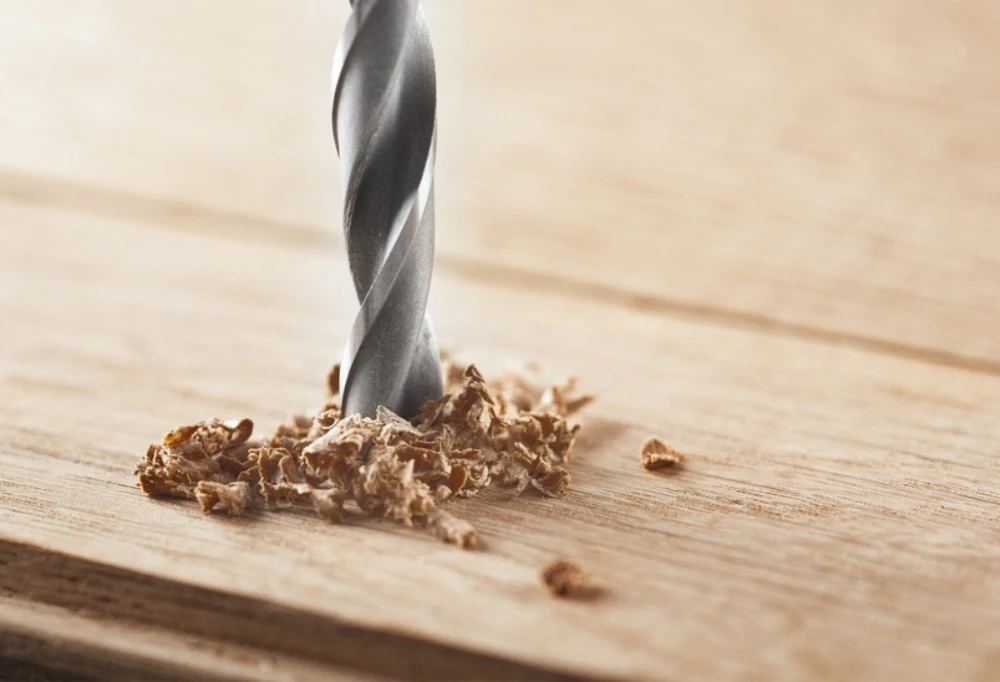
Best Cobalt Drill Bits: Advantages and Specialized Applications
Cobalt bits are the superheroes of the drilling world, especially for challenging tasks like stainless steel, cast iron, and high-strength alloys. Their ability to withstand high temperatures and stay sharp is unmatched. When comparing, think about the heat – cobalt bits thrive where others might falter. They shine in tasks where the heat is on, promising durability and precision.
The Best Cobalt Drill Bits: The Hulk of Bits
What can’t Cobalt bits do? stainless steel, cast iron, hard alloys, they can go through everything. As we’ve already mentioned, no matter how extreme. They give you the precision and durability you need in your tasks while the other ones may fail.
The Best Drill Bits for Tile: Preventing Cracks
Tiles are delicate. You can’t pick up just any drill bit and think you will get the project done. For that, you have 3 types of drill bits you can choose:
- Carbide-Tipped Drill Bit: These are usually used for ceramic tiles since the carbide tip is really hard and can cut through the tile without cracking it. They are a good starting point if you are getting into DIY.
- Diamond-Tipped Drill Bit: If you have porcelain tiles or any other really hard material, the diamond coating is going to cut through it, EASILY. They are more expensive, but if you deal with a lot of hard tiles, they’re worth it.
- Glass and Tile Drill Bit: These bits are especially designed for drilling into glass or tile. Their tip is sharper and they have slower cutting speed to reduce the risk of cracking.
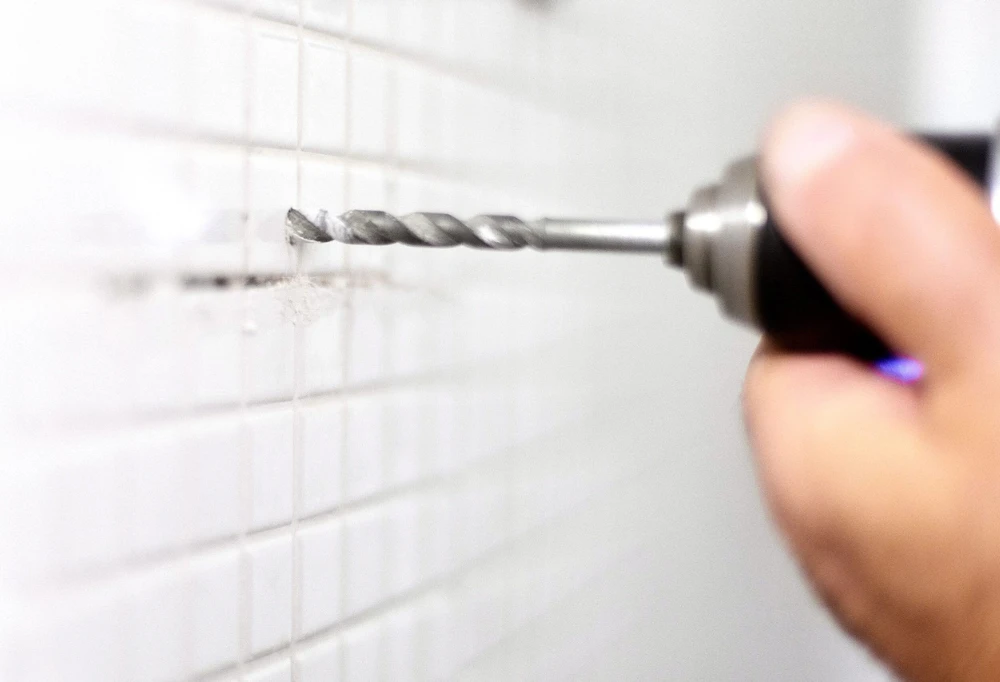
The Best Drill Bits for Aluminum: Killing It Softly
Aluminum is softer compared to the other metals we’ve talked about here, but drilling into them can still be challenging because of the heat it generates. The key as always is getting the right drill bit and then using the proper techniques.
High-speed steel bits are the most common choice you can go for, but since aluminum is naturally abrasive, it can make them dull rather quickly.
Depending on the thickness of your aluminum and how frequently you are planning to drill through it you may be better off with a carbide drill bit too, which stays sharp but may be overkill for occasional use. You should also use cutting fluid that was specially designed for aluminum to help both the results and the lifespan of your drill.
As we’ve already mentioned, the technique is important here too. You should drill at a low speed and moderate pressure, and back out often to clear the chips, and you will be good to go.
The Best Auger Drill Bit: Precision Redefined
These are some of the most interesting bits you can work with. Auger drill bits create cylindrical holes and remove the material as they go in. If you are woodworking, you can use the wood auger bits which are usually made from HSS or cobalt. The holes will be clean and you don’t have to worry about the clogs. You can even use these bits in the soil! Get one with hardened steel tips if you are trying to install a fence or plant something and you’re good to go. With a carbide-tipped auger drill bit, you can even drill into concrete efficiently, with no problems.
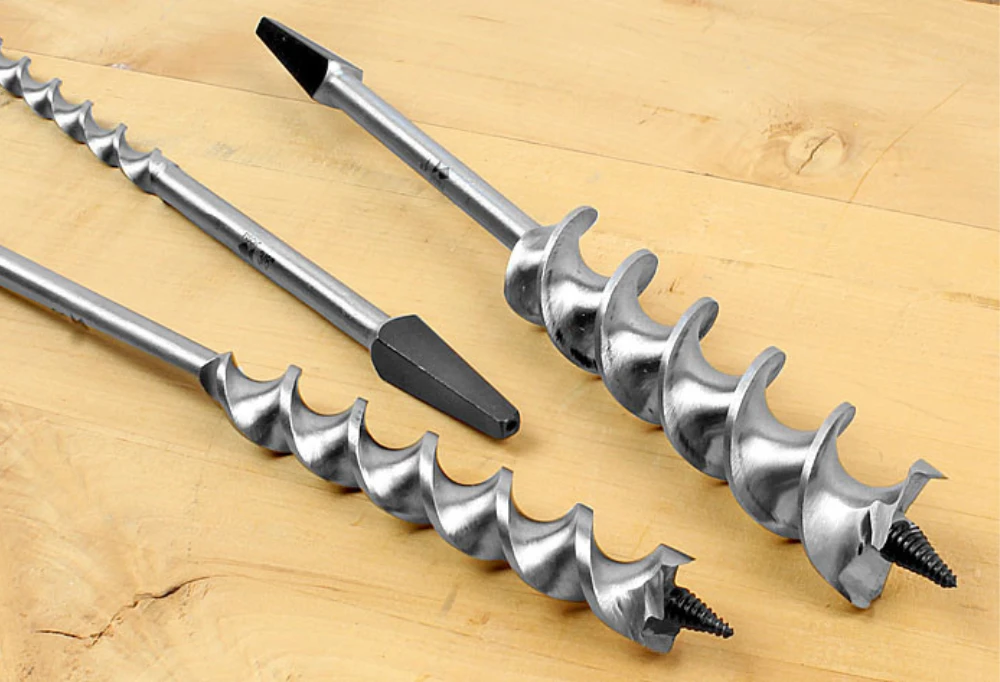
The Best Drill Bits for the Money: Outshine the Rest
Choosing the best drill for the money really depends on what you want to do with it, and how you use it. For general use, you usually have 2 options: High-speed Steel and Cobalt.
HSS is the most common and budget-friendly one. It works with a lot of different materials, like wood, plastic, and even softer metals.
Cobalt, on the other hand, is a step up from HSS. It has better heat resistance, it’s more durable, and it can drill into harder materials. They are a bit more expensive though, so have that in mind.
As said before, the “how” also matters too. You should take care of your bits so they last longer, you should understand what you need, and you shouldn’t buy some unnecessarily expensive drill bit if you don’t need one.
Finding high-quality drill bits without breaking the bank is the deciding factor for so many DIY lovers and professionals. Budget-friendly options do exist, and they don’t have to compromise on quality, just look at Ronix!
The Best Drill Bits Overall: The Art of Choosing the Perfect Bit!
What counts as the “best overall”?
Well, that’s a complex question to answer. As repetitive as it may sound, the safest choice seems to be the cobalt drill bits. They are a great balance of hardness, heat resistance, and durability.
The choice still depends on everything we’ve already talked about. The use, the type of hole you need, and the shank type.
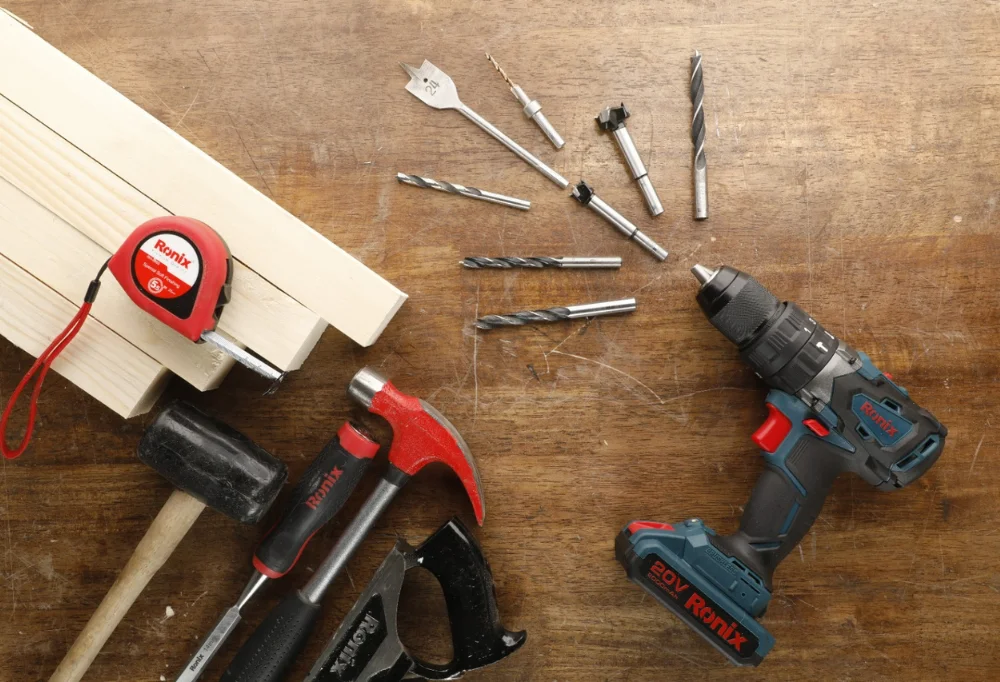
Choosing the right drill bit can be overwhelming, but you have to do it to succeed in your projects. Think of it as picking the right tool for the job. The wrong bit can ruin your project, while the right one can make everything so much easier.
Remember, the perfect drill bit is out there, waiting to be discovered!
FAQ
What is the Best Kind of Drill Bits?
The best drill bit depends on the task. HSS bits offer versatility, cobalt excels in high-heat jobs, Brad Point bits are precise for woodworking, and tungsten carbide-tipped bits are ideal for masonry.
Is Cobalt or Titanium Drill Bits Better?
Cobalt bits endure high heat and are excellent for tough materials like stainless steel. Titanium bits are affordable and versatile. Choose based on your specific task, budget, and durability needs.

Arvin
30 December 2023
